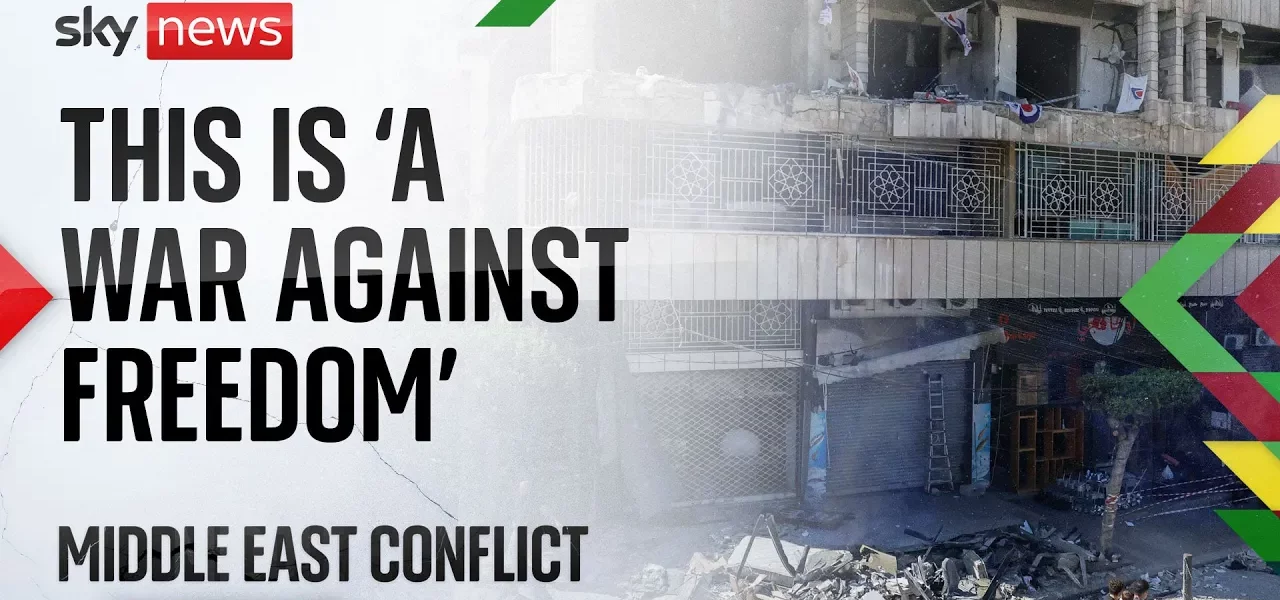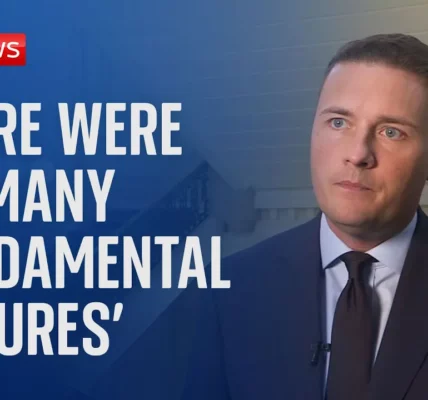Destruction in Beirut: A Civilian Perspective

This article delves into the tragic events unfolding in Beirut, where civilian infrastructure is being targeted amidst ongoing conflicts. We explore the implications of these strikes on the local populace and healthcare services.
Introduction
In recent days, Beirut has witnessed devastating attacks that have left its streets littered with remnants of civilian life. Reports indicate that the Israeli military struck multiple targets overnight, leading to widespread destruction and fear among the residents. This article aims to provide a comprehensive overview of the situation, highlighting the impact on civilians, particularly healthcare workers, and the ongoing struggle for safety and freedom in the region.
The Aftermath of the Strikes
The situation on the ground in Beirut is alarming. The aftermath of military strikes has left various neighborhoods scattered with debris, including office chairs, high-visibility vests, and medical supplies.
Destruction of Civilian Infrastructure
Onlookers have reported finding the contents of an apartment block’s third floor scattered across the streets, indicating the severity of the strikes. Residents are grappling with the reality of their safety being compromised in a war that appears to target not just military assets but also the cultural and social fabric of the city.
Impact on Healthcare Services
Among the most affected are healthcare workers affiliated with the Islamic Health Society, a group linked to Hezbollah. The third floor of their base was struck while paramedics were reportedly asleep, emphasizing the indiscriminate nature of the attacks.
- Medical supplies found at the scene included:
- Plastic gloves
- Stethoscopes
- Various types of bandages
- These items serve as evidence that the location was indeed a civil defense center and not a military target.
International Reactions and Legal Implications
The strikes have drawn condemnation from various international bodies, with officials stating that such attacks breach international law. The EU’s top diplomat expressed outrage over the targeting of civilian healthcare facilities, emphasizing the need for accountability.
Local Responses to the Strikes
Local leaders, including a Hezbollah MP, have publicly condemned the attacks, framing them as part of a larger campaign against the people of Lebanon. They argue that without decisive international action, the cycle of violence will persist.
The Human Cost of Conflict
Reports indicate that 28 medics have lost their lives in just the last 24 hours, highlighting the dire situation facing healthcare providers in the region. This loss points to a larger narrative of the health and safety of the Lebanese people being under constant threat.
Continued Violence and Its Justifications
As the violence escalates, the Israeli military has justified its strikes by claiming that certain areas, like the District of Daria, are used for military purposes. However, many residents contest these claims.
Community Perspectives
Local residents have expressed disbelief at the accusations against their neighborhoods, stating:
- “This used to be a garage, and that was a spy shop. There’s nothing here.”
- “They just give us excuses; there’s nothing to justify the bombing.”
This sentiment reveals a growing frustration and fear among the civilian population, who feel increasingly vulnerable amidst the ongoing conflict.
Conclusion
The situation in Beirut is a stark reminder of the human cost of conflict. As civilians grapple with the repercussions of military actions, the international community’s role becomes increasingly crucial in seeking solutions and protecting human rights. Without immediate intervention, the cycle of violence and retaliation is likely to continue, further endangering the lives of innocent people.
For more information on the ongoing situation and its implications, visit our related articles on international law and humanitarian crises.
“`




